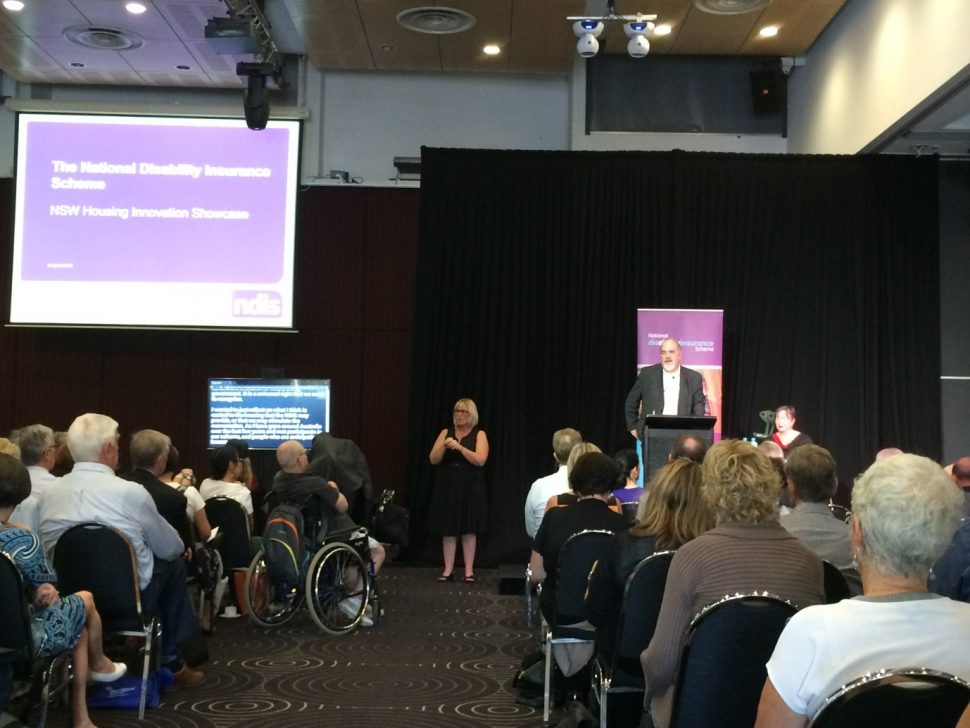The importance of home

Like with the roll out of many new initiatives, in the coming years I expect demand will slowly start to generate supply, and we will start to see some new and really exciting responses to people’s individual accommodation needs.
Having recently attended the NDIS Housing Showcase in Melbourne, I became aware of some of the innovative housing solutions for people with disability that are already starting to come on to the market, especially for people who have the ability to use technology.
I was particularly impressed by the application of ‘Smart’ house technology, much of which can be controlled from devices such as tablets or smart phones, and how homes with these innovations are making more-independent living far more achievable for many people. However it still seems that new and innovative housing solutions for people with intellectual disability or cognitive impairments are largely yet to emerge.
We need mandatory accessibility standards
It was also made pretty obvious that the next step in improving physical accessibility across the entire community has to be for housing design requirements to be overhauled, and minimum accessibility standards being made mandatory in the building codes for all dwellings, which will ensure access for all, everywhere!
It is apparent that the voluntary best practice standards currently in place aren’t sufficient to encourage most developers to sacrifice saleable real estate in the name of better access. At the end of the day, it is one thing for people’s own homes to be accessible, but if the homes of their families, friends and neighbours are not, this still has a significant and negative impact on their quality of life.
The NDIS and choice
The separation of housing provision from support provision is also going to be much more possible for people under the NDIS.
This will enable the significant benefit for those who are, for example, not happy with their physical accommodation, but very happy with the support they receive, to be able to seek alternative accommodation without having to sacrifice support that is working well for them – and vice versa. This has to be a much better approach than people being locked into a one-stop-shop approach to the provision of housing and support.
And hopefully the NDIS will mean that the days are numbered where group homes are largely seen as the only accommodation solution for people with intellectual disability.
Hopefully the NDIS really will enable people to live the life they choose, and the many people feeling trapped in the shared supported accommodation system who aspire to and have the potential to live more independently, will be able to pass the ‘reasonable and necessary’ test, and create the kind of individual accommodation arrangements, the likes of which My Friend Bradley has been able to achieve.


Join the conversation